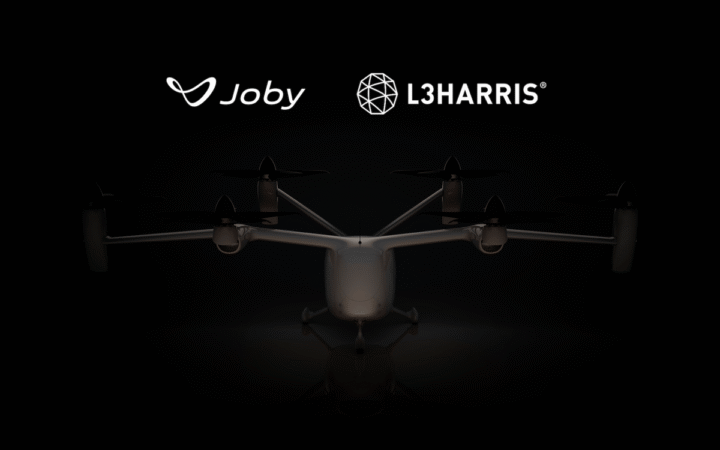Quick Takeaways
-
Defense Collaboration: Joby Aviation has partnered with L3Harris Technologies to explore a gas-turbine hybrid VTOL aircraft for defense applications, leveraging its existing relationship with the U.S. Department of Defense.
-
Advanced Development: Building on its S4 aircraft platform, Joby aims to enhance range and capability, having previously demonstrated a hydrogen-electric version that outperformed its all-electric prototype.
-
Future Goals: The collaboration is exploratory, with flight testing expected this fall and operational demonstrations planned for 2026, aiming to secure a military contract with the DoD.
- Strategic Mission Development: Joby emphasizes the importance of integrating advanced technology for specific military missions, such as electronic warfare and logistics support, by teaming up with established expertise from L3Harris.
Exploring New Horizons in Aviation
Joby Aviation is known for its innovative electric air taxis, but it also represents a promising development in defense. Recently, Joby signed an agreement with L3Harris Technologies. This collaboration aims to create a new class of aircraft: a gas-turbine hybrid vertical take-off and landing (VTOL) vehicle that can operate autonomously. While this agreement is still exploratory, it carries significant implications for both military and commercial applications.
Joby has a history of working closely with the U.S. Department of Defense. Over the years, it focused on understanding defense needs. As such, the company recognized the importance of aircraft range. Recent tests revealed that a hydrogen-electric hybrid version could fly over 500 miles—far beyond its previous battery electric prototype. This advancement showcases Joby’s commitment to enhancing operational capabilities while also meeting the stringent requirements of defense.
Potential Military Applications and Future Impacts
The partnership with L3Harris opens doors for various military missions. The new gas-turbine hybrid VTOL could support contested logistics and electronic warfare, among other tasks. Such versatility may enhance military readiness and efficiency. Flight tests will commence this fall, followed by operational demonstrations expected in 2026.
Moreover, this collaboration highlights a broader trend in the aviation industry. The integration of autonomy and hybrid technologies promises to transform how both military and civilian sectors approach transportation. As these innovations move from concept to reality, they could reshape our collective journeys, ultimately contributing to safer and more efficient travel. The practical applications of Joby’s research may usher in a new era of aviation, one where advanced technology meets pressing societal needs.
Discover More Technology Insights
Explore the future of technology with our detailed insights on Artificial Intelligence.
Access comprehensive resources on technology by visiting Wikipedia.
TechV1

